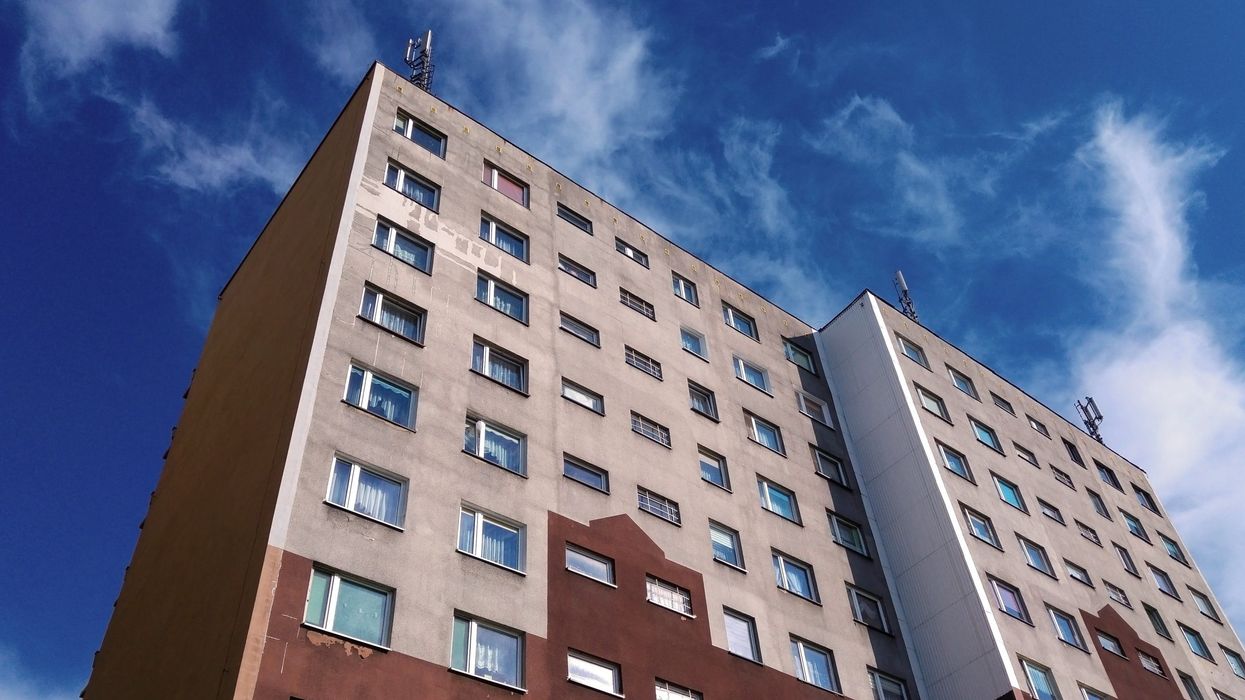The cost of living has gone up across the board for Ontarians, with everything from what drivers are paying at the pump to what shoppers are spending at the grocery store tightening their purse strings. Rent prices are no exception and a new report from the Advocacy Centre for Tenants Ontario (ACTO) has found that the majority of renters are now having to choose between food and paying rent.
Rental prices in Ontario are up significantly from this time last year. Condo rental prices in Toronto, for example, have skyrocketed a whopping 24%, with an average unit renting for $2,583 per month, according to the latest numbers from TorontoRentals.com. In Burlington, prices are up 15% across all rental types. The 12% price jump seen in Guelph and the 10% price jump in Hamilton are also putting pressure on renters.
The ACTO commissioned a province-wide poll of Ontario renters in May, and described the findings, released earlier this week, as "stark." An overwhelming 60% of renters said they were having to cut back on food to be able to afford their rent, and an even larger 74% said they had to cut back on their other spending so that they could make their rent payments.
"Renters are being squeezed in an extreme affordability crisis that affects them in every single part of their lives, and very little is being done to help them," the report reads. "No one, anywhere, should have to choose between food and shelter. And yet in Ontario, that’s exactly what we’re seeing."
As the cost of living balloons, wage increases have not kept up. In Ontario, minimum wage is set at $15 per hour, but the report notes that this is not sufficient. It points to experts who have found that in Toronto, for example, a living wage is $22.08 per hour. Because of this, Ontario renters living off a low income are being put into "very precarious financial situations," the report says. Of the low-income renters polled last month, 65% said that if they were to lose their income, they would not be able to pay their next three months of rent without taking on debt.
"Understanding poverty is not just about measuring household income -- it means we also have to look at how much people can save and how long they can cover their basic costs if they were to lose their incomes," the report reads. "Anyone who pays 50% or more of their income towards their shelter is at a very high risk of becoming homeless. Ontario renters are balancing on a knife’s edge to stay housed."
Rising rent prices are forcing many renters to contemplate moving out of their communities, with one-third of renters reporting that they've considered it.
"This means uprooting them, their families, possibly their jobs -- every part of their life just to find a home they can afford," the report says.
The issue of affordable housing has been a highly debated one, especially ahead of Thursday's election, with leaders across the province proposing a variety of solutions. Many of these remedies rely on increasing supply, but the ACTO says that won't do enough quickly enough to help those who are currently struggling. What the ACTO recommends is getting rid of the rent control exemption for buildings first occupied after 2018, and stop allowing vacancy decontrol, which allows landlords to raise rents beyond the rent control caps between tenants. The former has been a platform point of the Liberals, NDP and Green Party, and the latter is supported by the NDP.
"Eliminating vacancy decontrol is a popular idea among renters," the report reads. "Over 80% of Ontario tenants believe there should be a limit to the amount landlords can increase the rent for a unit when it becomes vacant. We agree."





















